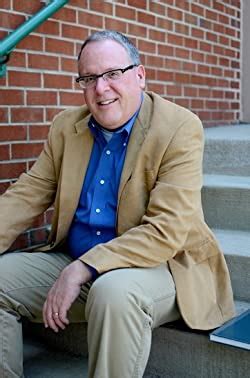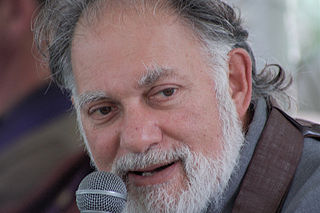A Quote by Rollo May
Violence arises not out of superfluity of power but out of powerlessness.
Quote Topics
Related Quotes
Future arises out of your misery, not out of your celebration. A really celebrating person has no future; he lives this moment, he lives it totally. Out of that total living arises the next moment, but it is not out of any lust. Of course, when out of celebration the next moment arises, it has more capacity to bless you. When out of celebration the future arises, it goes on becoming more and more rich. And a moment comes when the moment is so total, so whole, that time completely disappears.
No matter how frustrated you may feel, there is always a way out. In every situation that arises, we choose to be powerful or powerless. It may not always feel like it, but it is a choice. And there are consequences for these choices in terms of the results we get, and the subsequent increase or decrease in our power and influence. If we choose powerlessness, it is often because we doubt there is any other option.
When we bear witness, when we become the situation - homelessness, poverty, illness, violence, death - the right action arises by itself. We don't have to worry about what to do. We don't have to figure out solutions ahead of time. Peacemaking is the functioning of bearing witness. Once we listen with our entire body and mind, loving action arises.
For most of recorded history, parental violence against children and men's violence against wives was explicitly or implicitly condoned. Those who had the power to prevent and/or punish this violence through religion, law, or custom, openly or tacitly approved it. .....The reason violence against women and children is finally out in the open is that activists have brought it to global attention.
Some people draw a comforting distinction between force and violence. I refuse to cloud the issue by such word-play. The power which establishes a state is violence; the power which maintains it is violence; the power which eventually overthrows it is violence. Call an elephant a rabbit only if it gives you comfort to feel that you are about to be trampled to death by a rabbit.
As I looked more carefully at the listening matrix I saw that during the past twenty years we had taken a magnifying glass to the first of these four quadrants, the female experience of powerlessness. I saw I was subconsciously making a false assumption: The more deeply I understood women's experience of powerlessness, the more I assumed men had the power women did not have. In fact, what I was understanding was the female experience of male power.




































